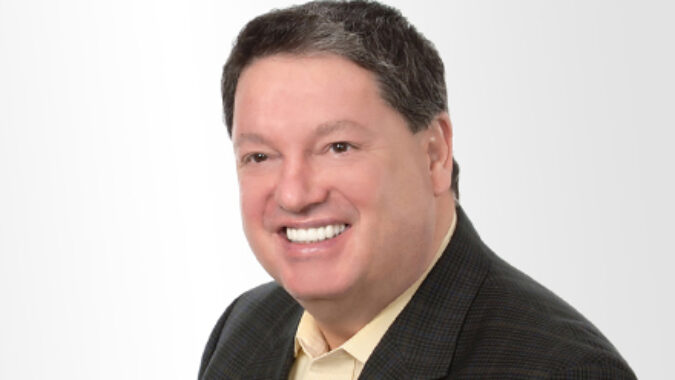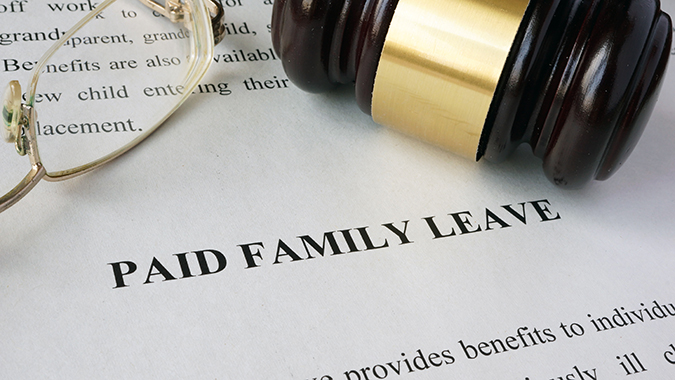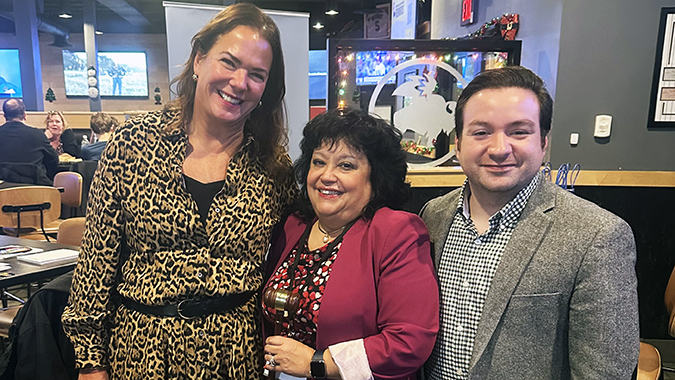 The good news about the new paid sick leave mandate is businesses in New Jersey will have to follow only one set of rules; unfortunately, some significant questions remain about what exactly those rules will mean.
The good news about the new paid sick leave mandate is businesses in New Jersey will have to follow only one set of rules; unfortunately, some significant questions remain about what exactly those rules will mean.
NJBIA was able to secure amendments that said the new paid sick leave law would preempt any of the 11 existing local ordinances. As attorney Jeffrey Corradino of Jackson Lewis P.C. explains, the original bill said the state law was merely a “floor,” and if any other jurisdiction gives employees more, the business would have to give their employees the more generous benefit as well.
But having only one set of rules to follow does not answer all of businesses’ questions. In fact, Corradino pointed to three such questions at NJBIA’s “Hard Decisions” seminar in June. These questions have no answers right now, but will need to be clarified when the state issues regulations. The law does not take effect until the end of October, so there is still time to get the answers.
Meanwhile, here are three questions Corradino is asking.
Question 1: What if an employee works remotely?
The law applies to employees working for an employer in the state of New Jersey. What about employees who work remotely in another state? For example, would the law apply to an employee who works at home in Pennsylvania for a company headquartered in, say, Mercer County?
“It’s not exactly clear whether or not this statute can cover them,” Corradino said. “There’s no guidance, really, on remote employees.”
Need More? Join us for A Crash Course in New Jersey’s Paid Sick & Family Leave Laws, Sept. 28
About l 3.9 million U.S. employees work from home at least half of the time, according to FlexJobs. If the home is in New Jersey, then the statute will apply. But employers need clarification on other scenarios.
Question 2: Does sick time accrue for hours paid but not worked?
The law says employees will accrue one hour of sick time for every 30 hours they work until they reach 40 hours for the year. So, do employees accrue time for hours that were paid but not worked, such as vacation and holidays?
Corradino also pointed out the law does not distinguish between exempt and non-exempt employees. Does that mean employers now have to keep track of the number of hours their exempt employees worked? Corradino said some local ordinances assumed that an exempt employee works 40 hours per week. However with flex time and quality of life in the forefront, there are more “part-time” exempt employees than ever before. It wouldn’t make sense to assume those employees working less than full-time work 40 hours per week. What the state will do remains to be seen.
Question 3: What about non-exempt employees whose pay is not based solely on hours worked.?
The law requires any paid sick leave taken by the employee must be paid at the same rate as their regular salary or wages. But what about employees whose compensation varies from week to week, such as those who work on commission or tips, or those paid piece-rate?
Corradino suspects the state will create some sort of look-back period to calculate the average annual rate. For instance, take the last three months of pay for such an employee and divide by the hours they worked to calculate their PSL rate.
Right now, however, the law does not indicate what to do.




